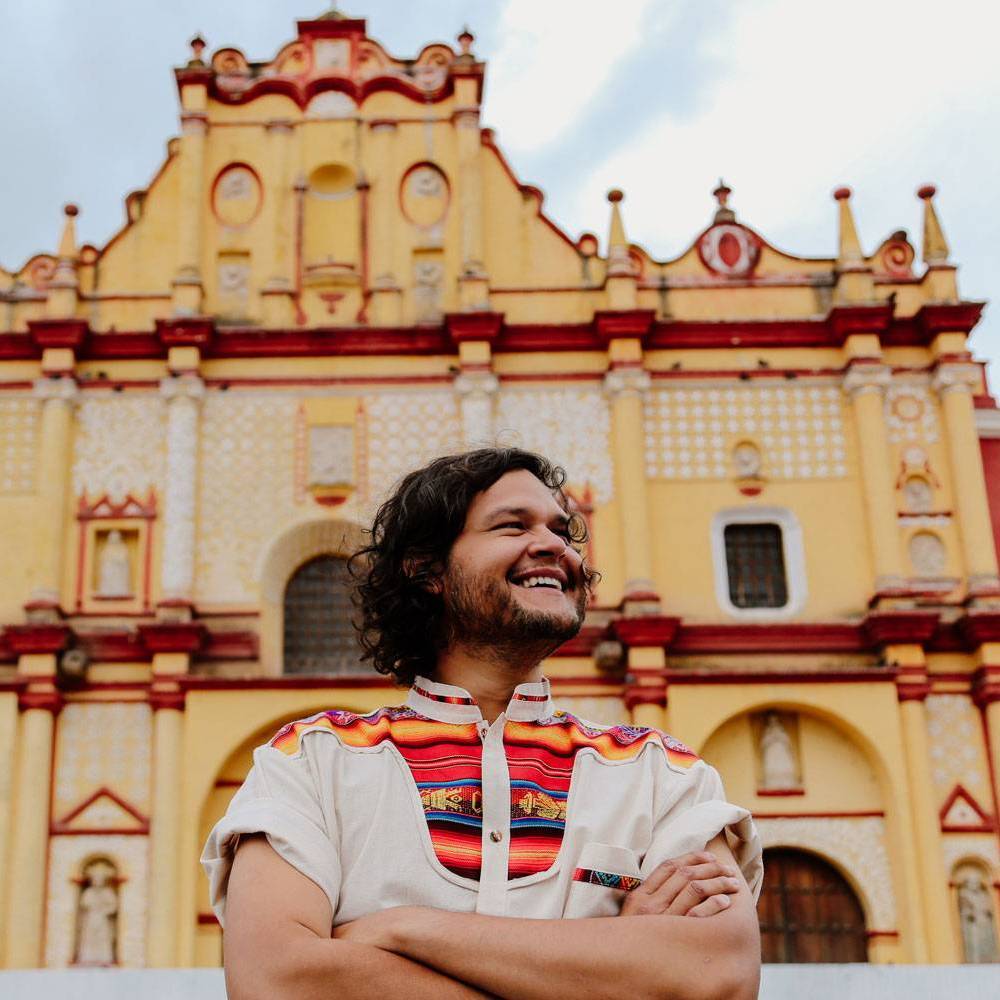Thank you to all 2022 Civic Leadership Conference
attendees, speakers, and organizers!
Session recordings are available below.
We look forward to seeing you at next year's Civic Leadership Conference.
Please email Kate Pasco if you would like to assist in its planning or production.
Hosted by the University of Utah's Bennion Center and Salt Lake Community College's Thayne Center, the annual Civic Leadership Conference explores community leaders' diverse pathways towards social change.
This year's theme, Radical Hope: Bearing Witness to Complex Truth, focused on sustaining hope while practicing community engagement. How do people in our community persevere over the long periods it can take to see change happen? Where does their commitment come from?
Friday, November 18th, 2022
3:30 to 5:00 pm — Virtual Keynote
Saturday, November 19th, 2022
9:00 am to 1:30 pm — Breakout Sessions
Virtual Keynote
Embodying Vulnerability in the Midst of Social and Climate Collapse
Hope can be seen as an inner source of resilience or a game changer needed to overcome structurally violent systems incentivized to resist attempts to change. And yet, paradoxically, hope can also inadvertently lead us to sustain the very oppressive systems we are trying to change and bring us to despair. Sustaining those realities together, we start facing the contradictions and complex truths that are inevitable for those working for social and climate justice. In this talk, Luis will complexify hope through reflecting on his experiences as a practitioner. He explored the role played by trauma, identity, attachment, and shame in our conceptions of hope. His aim: to integrate wisdom learned into what may serve as a more practical, grounded, honest, or even radical conception of hope.
Luis Miranda
he/him/his
Luis Miranda is a Senior Organizer for the Sierra Club's Beyond Coal Campaign in Utah and a trainer and member of the Core Team of the Oakland-based East Point Peace Academy. Previously, he served as the Director of Grassroots Capacity Building for the United Way of Salt Lake, building equitable engagement infrastructures in Salt Lake County's west side. In the past, he has organized with the #JusticiaYa transparency movement in Guatemala, with grassroots leaders participating in the Colombian peace process, and with sanctuary and immigrant justice efforts in Utah. Luis grew up in Guatemala and on Salt Lake's Redwood Road, and he is a first-generation college graduate with degrees from the London School of Economics, the University of Notre Dame, and Utah Valley University. Outside of work or organizing, Luis enjoys playing music, practicing mindfulness, and exploring Utah's wilderness.
Breakout Sessions
Ivis García Zambrana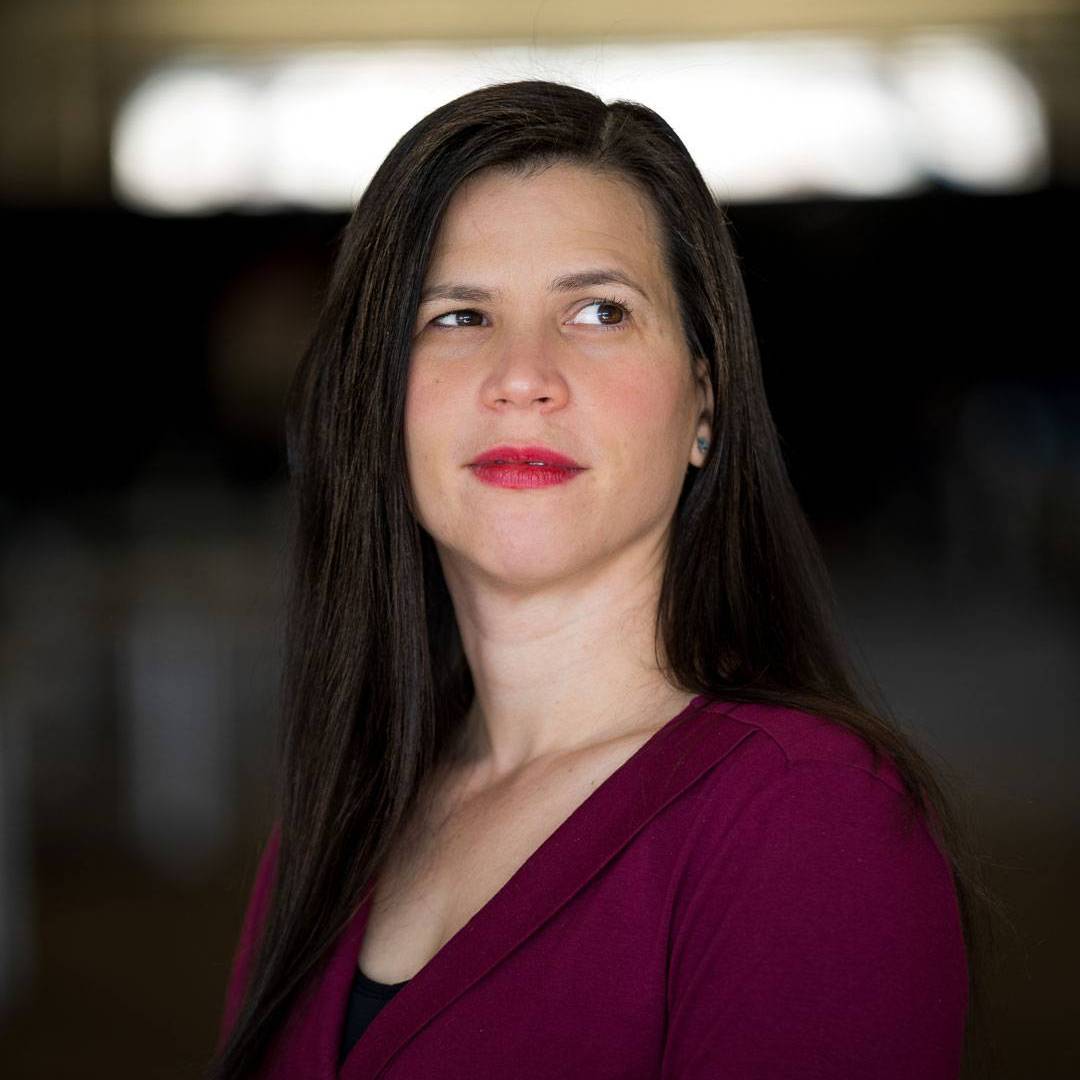
she/her/hers
Dr. Ivis García received her Ph.D. in Urban Planning & Policy from the University of Illinois at Chicago in 2015. Dr. García joined the Department of Landscape Architecture and Urban Planning at Texas A&M University as an Associate Professor Fall of 2022. Dr. García previously taught graduate and undergraduate community engagement in planning, planning communication, and studio courses in Chicago, Puerto Rico, and Salt Lake City. As a former professor at the University of Utah, she also led the Westside Leadership Institute, an innovative undergraduate course that residents and students take together to develop a community project in Salt Lake City.
Engaging with Diverse Communities: Struggles and Successes
In this interactive session we discussed the struggles and successes you have had working with diverse communities. We then used a case study from Salt Lake City on how University of Utah engaged residents in the “Thriving in Place” Plan, which outlines a strategy for anti-displacement in Salt Lake City to give you ideas on how you might lead a successful community engagement campaign. In the end we reflected on what was reinforced for you and new insights you gained by participating in this session.
TJ Ellerbeck — Rural Utah Project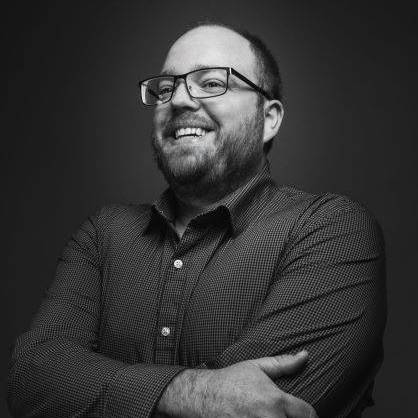
he/him/his
Born and raised in Salt Lake County, Utah, TJ Ellerbeck began working on civic engagement and voter participation projects at an early age. In high school, he caught the campaign bug after interning on a political campaign with a candidate for United States Senate. In the years since, TJ has managed and worked for numerous political campaigns, organizations, and voter registration efforts. TJ served as President of the Young Democrats of Utah from 2013-2015 and as Political Director for the Utah Democratic Party from 2015-2017.
In 2017, he left partisan politics to become the founding Executive Director of the Rural Utah Project. The Rural Utah Project seeks to empower underrepresented voters in rural Utah by providing them with tools, training, and knowledge by means of voter registration, education, and issue advocacy on important topics that affect all Utahns. In 2018, the Rural Utah Project registered over 1,600 Indigenous voters in San Juan County, Utah, and over 4,600 Indigenous voters in Arizona in 2020. Now, the organization has grown to include civic engagement programs in seven rural Utah counties.
You Are More Than Your Data: Using Relational Organizing to Affect Policy
Learn how data is used in political and issue campaigns - and how relational organizing (the process of volunteers activating community members in their personal networks) can be even more valuable than expensive and invasive big data, especially in smaller or rural communities. This session included a hands-on example of how relational organizing works and why it's a compelling tool to sway policymakers.
Flor Isabel — United Way of Salt Lake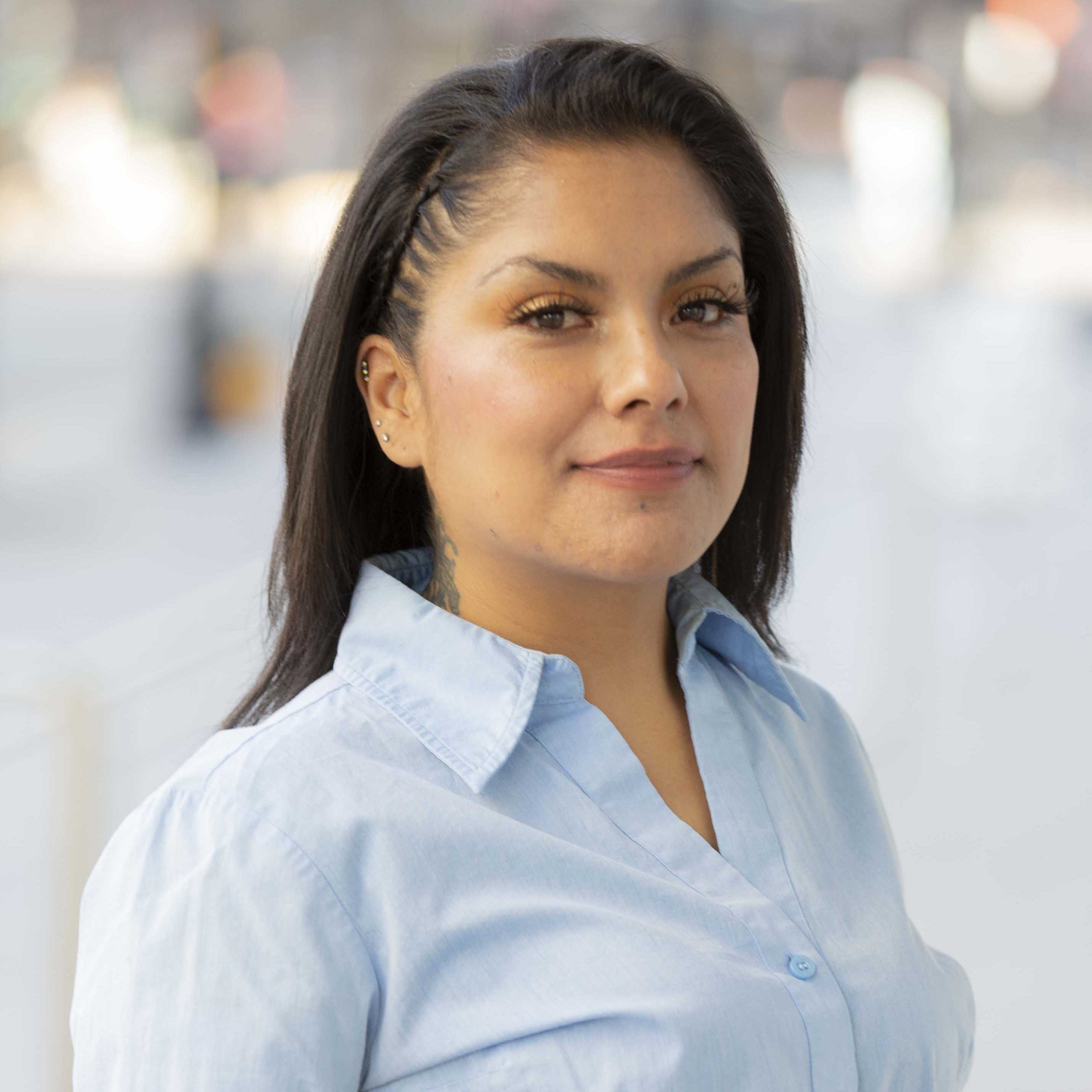
they/them/theirs
Flor Isabel (they, them), Community Leadership Coordinator at United Way of Salt Lake, supports community members to feel welcome and understood in their community by engaging and connecting with them in their primary language [Spanish] and has been with United Way of Salt Lake since December of 2019. Flor is a native of Hidalgo, Mexico who has been a resident of Kearns for over 10 years and has 4 children in multiple grade levels. Flor likes to spend time volunteering at schools, hiking and playing with their multiple fur babies.
Glenn Bailey — Crossroads Urban Center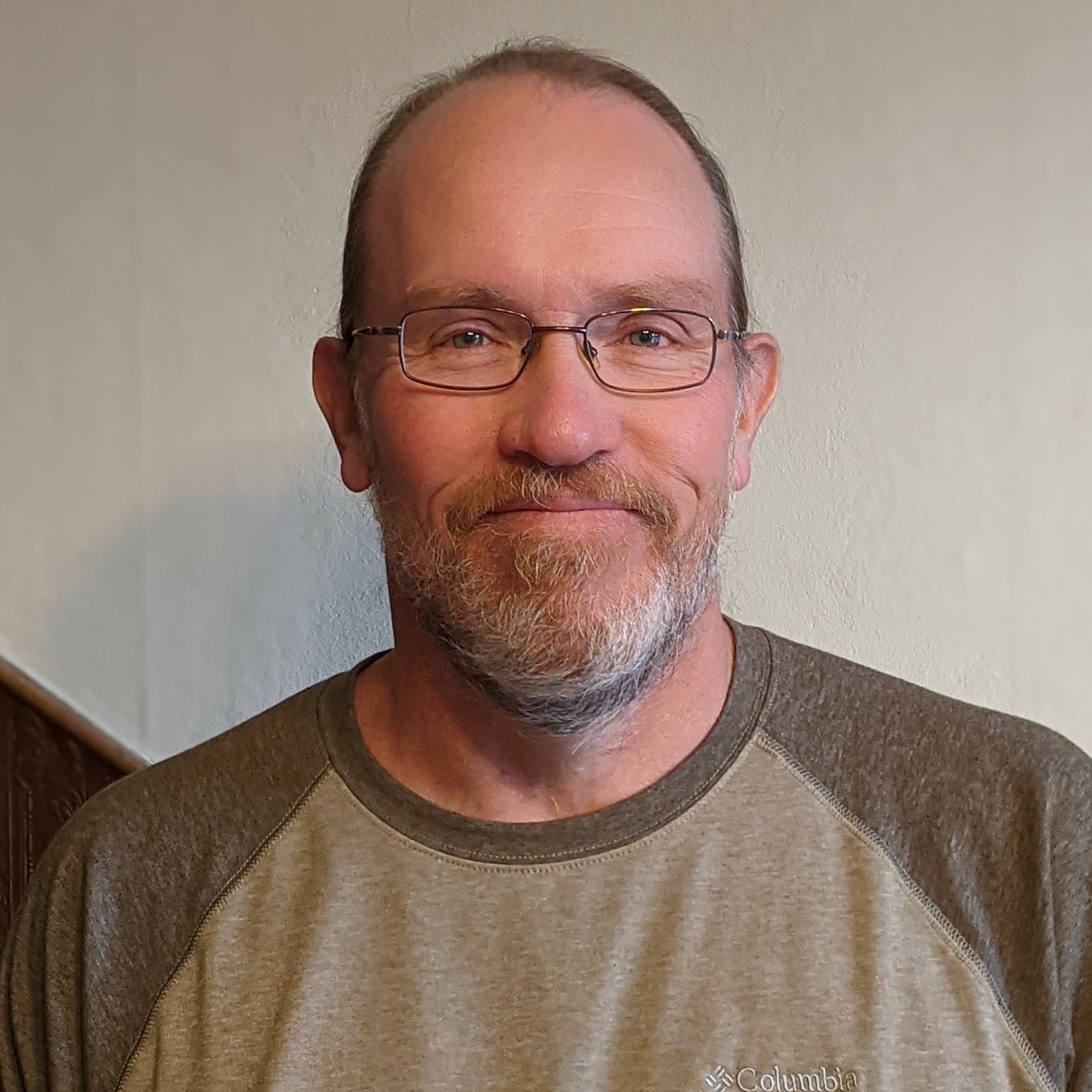
he/him/his
Glenn L. Bailey has been the Executive Director of Crossroads Urban Center in Salt Lake City since 1992. Mr. Bailey is a community organizer who has done neighborhood organizing in Oklahoma City through Neighborhood Services Organization, and in Chicago as the Executive Director of the Southwest Community Congress. He has also served as an anti-hunger advocate, an activist in disability rights movement, and an advocate for the civil rights of the homeless. Crossroads Urban Center operates one of the Utah's busiest emergency food pantries, a free/low cost thrift store, and a variety of community organizing and advocacy efforts.
Emergency Services for People in Need: Helping Today While Working for Systemic Change
People experiencing poverty have many needs — housing, food, clothing, utilities and much more. How can we help meet those needs while working to change the systemic factors that create and perpetuate them?
Sarah May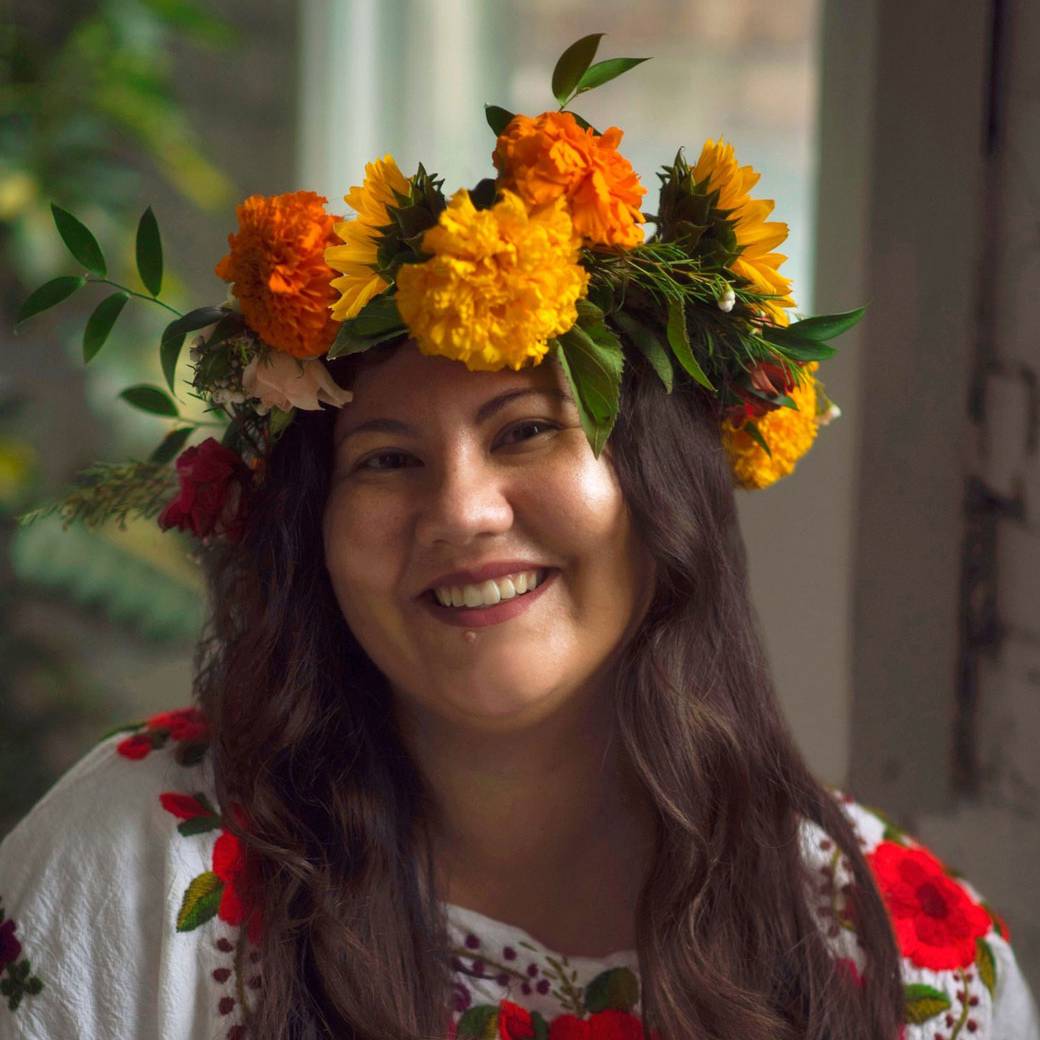
she/her/hers
Sarah May is a biracial Salvadoreña artist, weaver, storyteller, and community organizer based out of Salt Lake City, Utah. She graduated from the University of Utah with her BFA in Photography & Digital Imaging and her MA in Community Leadership with an Emphasis in Art & Culture from Westminster College. Sarah has led designated spaces of healing, connection, and empowerment for BIPOC communities in Salt Lake City utilizing art, knowledge, and wisdom from her cultural background and heritage. She was a facilitator and coordinator for two groups for Womxn, Femmes, and Non-Binary People of Colour at the YWCA Utah; the Color Collective, an intersectional community group, and the Woke Words Reading and Writing Series.
Sarah creates work through cyanotype photography, writing, weaving, retablo ofrendas, and more recently tapestry work to reflect her journey of identity as being cyclical and evolving, and connecting to ancestry as a healing ritual and ceremony. Sarah has completed 4 artist residencies both internationally and within the United States, with her most recent residency with the Center For Photography at Woodstock in Upstate New York.
Using Creative Expression & The Arts in Community & Social Justice Work
This session examined the role art and creative expression can play in designated spaces for empowerment, healing, and community connection, which are vital to approaching new ways for community change and social justice. The experiences and advocacy the facilitator has used these concepts in community work with BIPOC communities were highlighted and provide an example of how to synthesize and utilize interests, passions, and skills to create your own version of community activism.
No recording available
Tiffany Chan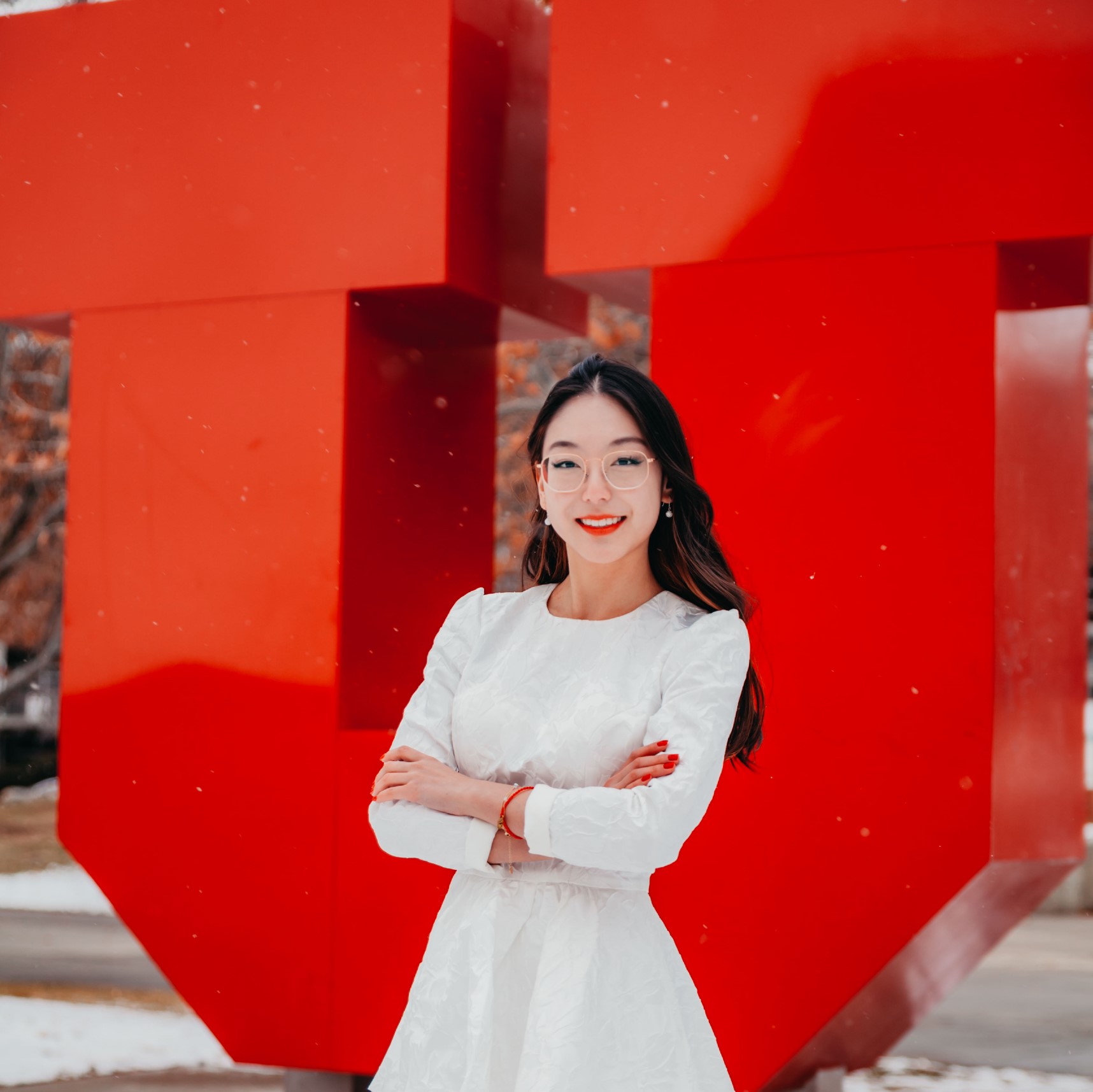
she/her/hers
Tiffany is a senior, studying political science and economics. She is academically and professionally interested in law, public policy, and economic development. Tiffany has had insightful experiences working with students in student government and with university staff, as well as with organizations across the nation to study social movement mobilization. Currently, Tiffany is working on bringing together a collective of Asian voices on campus to coalesce strategic needs that higher education will implement. She is excited to lead an alternative break experience called Education & Economic Justice in Spring 2023.
This session explored shared responsibility versus individual responsibility, recovery of solidarity and connectedness, and celebration of love and growth, all through the lens of a first-generation student of color’s lens. This session was conducted interactively to share space, power, and experience. From working in student government in higher education to working alongside community members to harmonize the Asian diaspora, hindsight and self-reflection have afforded me the opportunity to develop a profound understanding of where advocacy works. This is important because there is power in growing from experience. The lesson to be taken from this is that despair and cynicism only help those in dominance.
Thank you to our Civic Leadership Conference Planning Committee, Speakers, and Participants!

